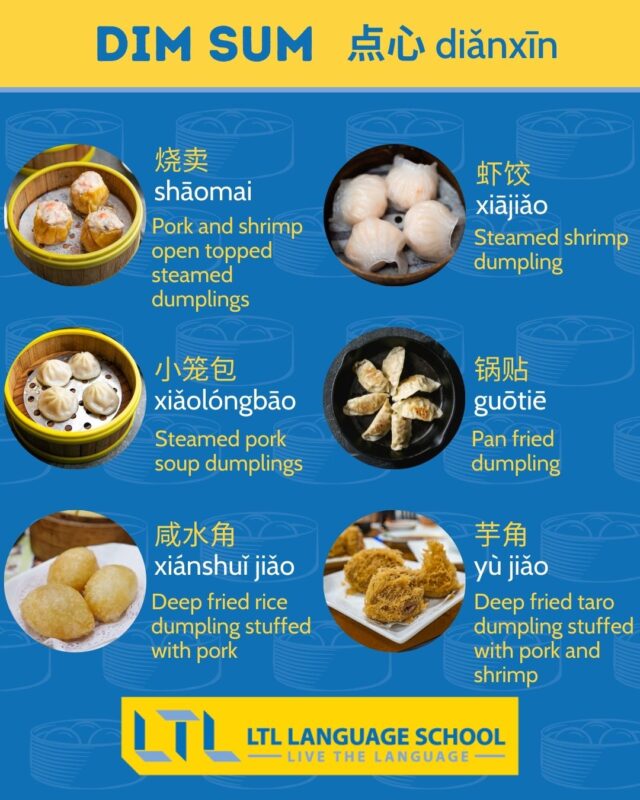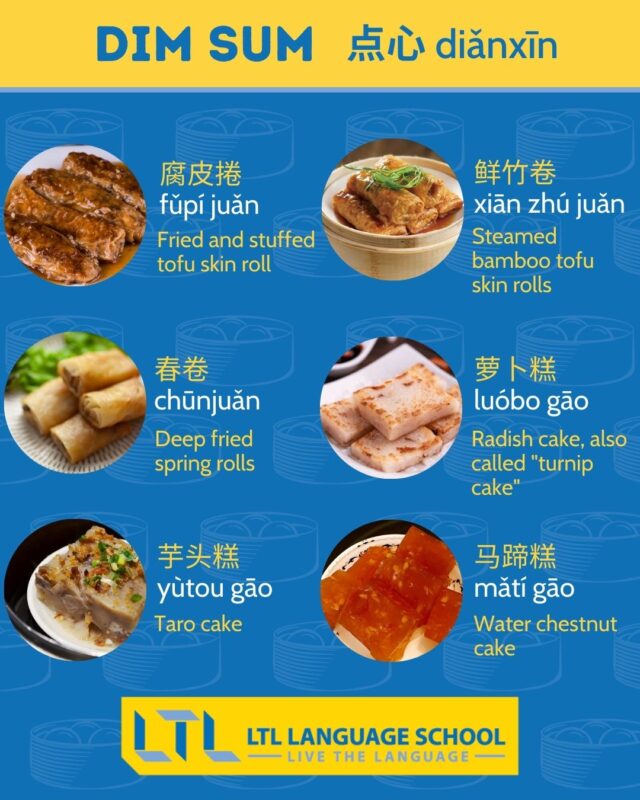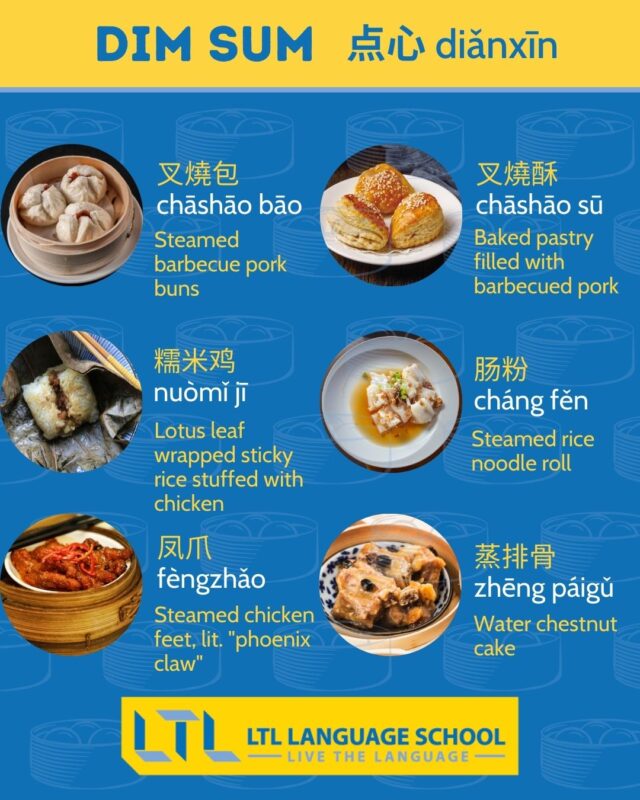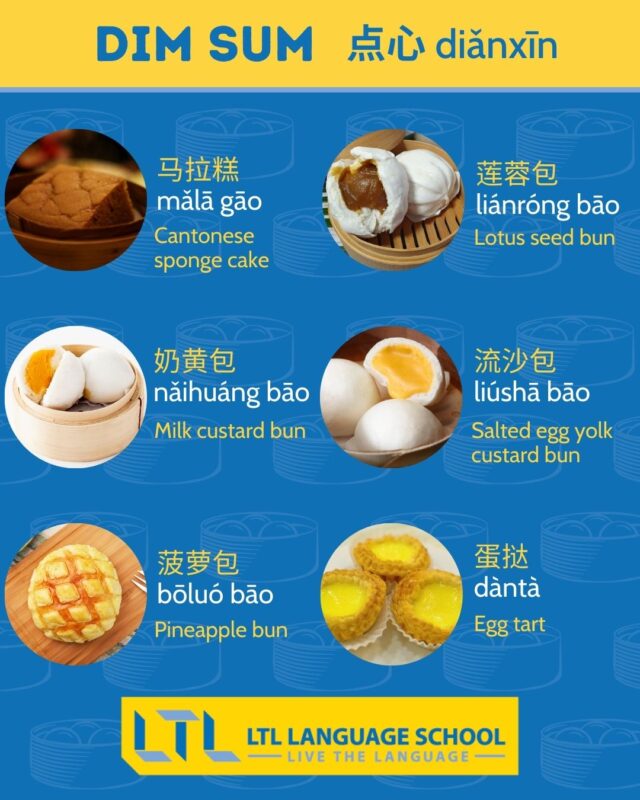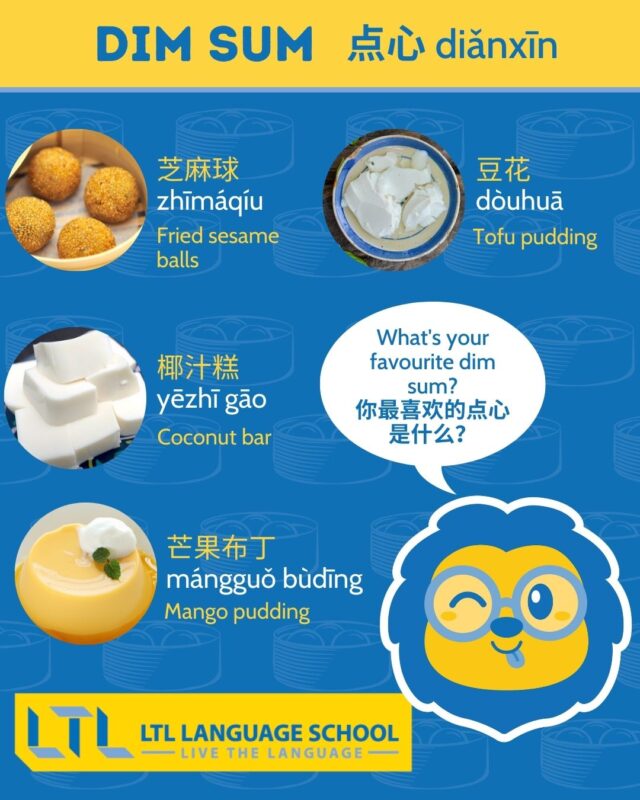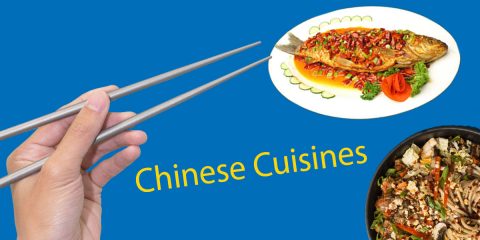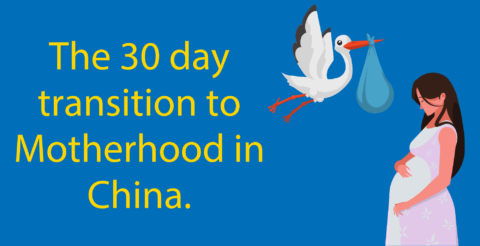Dim Sum | A Beginner’s Guide to a Canton Classic Cuisine
Discover A Cantonese Classic // What is Dim Sum + What Does ‘Dim Sum’ Actually Mean?

You’ve all heard of dim sum, but do you know what it actually is?
Today we’ll provide you with a beginner’s guide to this wonderful treat, including a little history, a little etiquette, and our favourite elements of dim sum.
Dim sum is a set of Cantonese dishes that family and friends eat for lunch at restaurants.
Each dish contains a small portion of food, so people typically order many dishes and share them at the table.
A standard dim sum menu will include various types of dumplings, buns, rice noodle rolls and puddings.
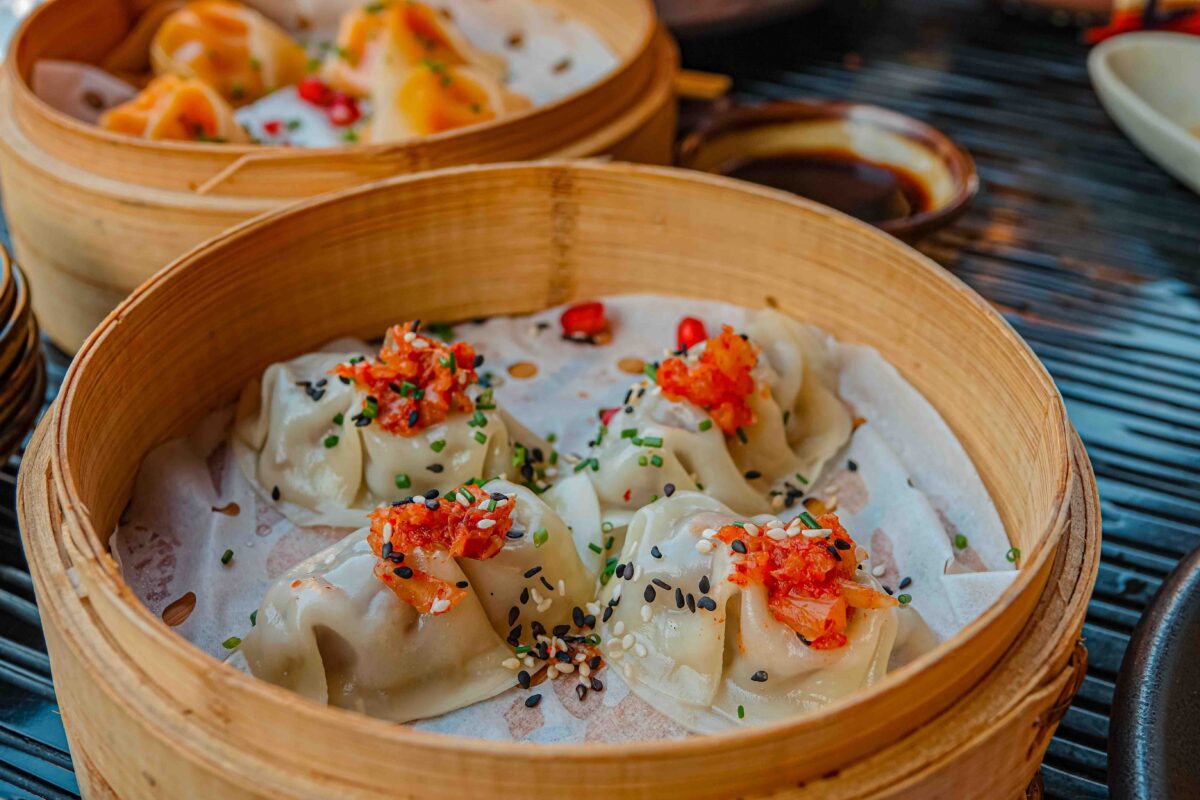
Each dish is either fried, steamed, or baked and can be filled with prawns, pork, chicken, or vegetables.
If you are new to dim sum and not sure what to order or how to order, then look at our guide below.
What is Dim Sum | What Does Dim Sum Mean?
What is Dim Sum | The History
What is Dim Sum | Different Types
What is Dim Sum | Etiquette
What is Dim Sum | Table Service
What is Dim Sum | How to Choose a Dim Sum Restaurant
What is Dim Sum | FAQs
What Does Dim Sum Mean?
In Mandarin, dim sum is called dian xin (点心 diǎnxīn) and it means to touch the heart.
The small and light nature of the dishes in dim sum will touch your heart, rather than satisfy your appetite.
Yum cha means “drink tea” in Cantonese, it is an essential part of the dim sum experience.
Cantonese people will say let’s go “yum cha” when they want to go have dim sum.
As for the types of tea that are sold in dim sum restaurants, you can get either jasmine, green tea or black tea.
What is Dim Sum | The History
The history of dim sum starts in 10th century Guangzhou, China.
When travellers came to the tea houses in Guangzhou, they would eat two bite-sized snacks with tea.
Eventually, teahouse owners expanded the range of snacks they offer.
This was the start of “yum cha” and the dim sum menu we have today.
Later in the 19th century, the rapid growth of dim sum led to other regions in China having their influence on dim sum.
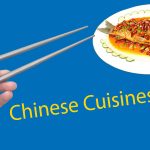
Chinese Food Culture // The 8 Great Chinese Cuisines
Chinese cuisines have typically been divided into ‘Eight Great Cuisines’ as a means of simplifying this vast and complex tradition.
What is Dim Sum | Different Types
There are many types of dim sum on a menu, so we will look at the most popular ones.
Har Gow
Har Gow (蝦餃) is a transparent shrimp dumpling, it is a staple when it comes to dim sum.
No dim sum is complete without it!
Siu Mai
Siu Mai (燒賣) is a pork-filled dumpling wrapped in a wonton.
Sometimes there are small pieces of carrots or crab eggs added on top of it.
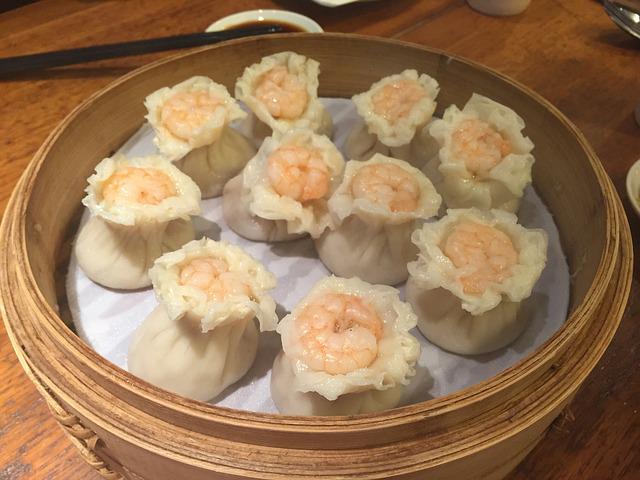
Char Siu Bao
Char Siu Baos (叉燒包) are fluffy buns that have a saucy BBQ pork filling inside.
TOP TIP | Remember not to eat the thin piece of paper on the bottom of the bun, you need to remove it before you eat it.
Cheung Fun
Cheung Fun (腸粉) is a thin rice roll that comes either steamed or grilled.
It has various fillings from shrimps, prawns, and roast pork.
Cheung fun also comes with a dipping sauce that is made from light soy sauce.
Chicken Feet
This is one for the adventurous eaters, chicken feet (鳳爪) are a chewy and fragrant dim sum item that mainly consists of chicken skin and bones.
Egg Tart
An egg tart is a rich and sweet pastry filled with an egg and custard mixture.
Egg tarts are served as dessert; therefore, you should save this for the end.
Dim sum is not just limited to this list, there is a dim sum item out there for everyone.
You would need to try them all yourself to see which one is your favourite.
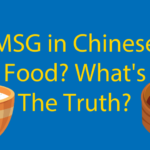
MSG in Chinese Food 🥡 Our Friend or Unhealthy Foe?
Chinese cuisine is misunderstood as oily & unhealthy. Is our takeaway the real Chinese food or a MSG-filled copy? What’s the deal with MSG in Chinese food?
Dim Sum Etiquette
When you order dim sum at a Chinese restaurant, you might not be aware of the dim sum etiquette.
Of course, you do not have to follow these steps, but it will give you a better insight into Chinese culture.
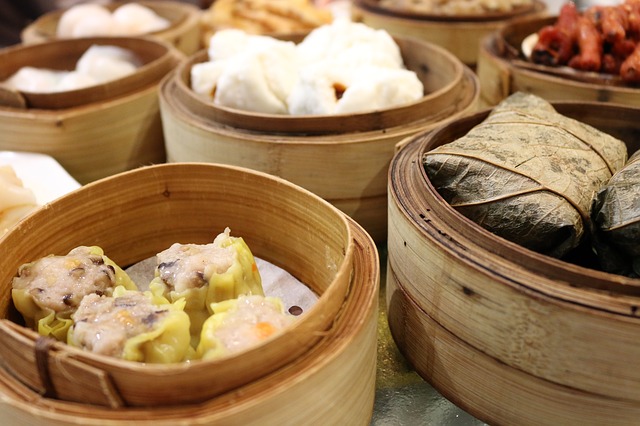
If you run out of tea, then you can signal to the waiter or waitress by covering half of the teapot with the teapot lid.
A waiter or waitress will swiftly get you a refill without you even saying a word.
Also, when the server or person at your table is pouring you the tea, you can show them your thanks by tapping on the table with two fingers.
You should also pour tea into your elder’s cup when you see they have run out of tea as a sign of respect.
Dim Sum Table Service
To order, the restaurant will give you a checklist of dim sum items followed by a pen.
You can choose which ones you want by writing how many portions you want in the boxes (e.g 1, 2, 3), and then you hand over the checklist back to the server.
BONUS | Check out our cheat sheet below to learn lots of keywords related to food in Chinese.
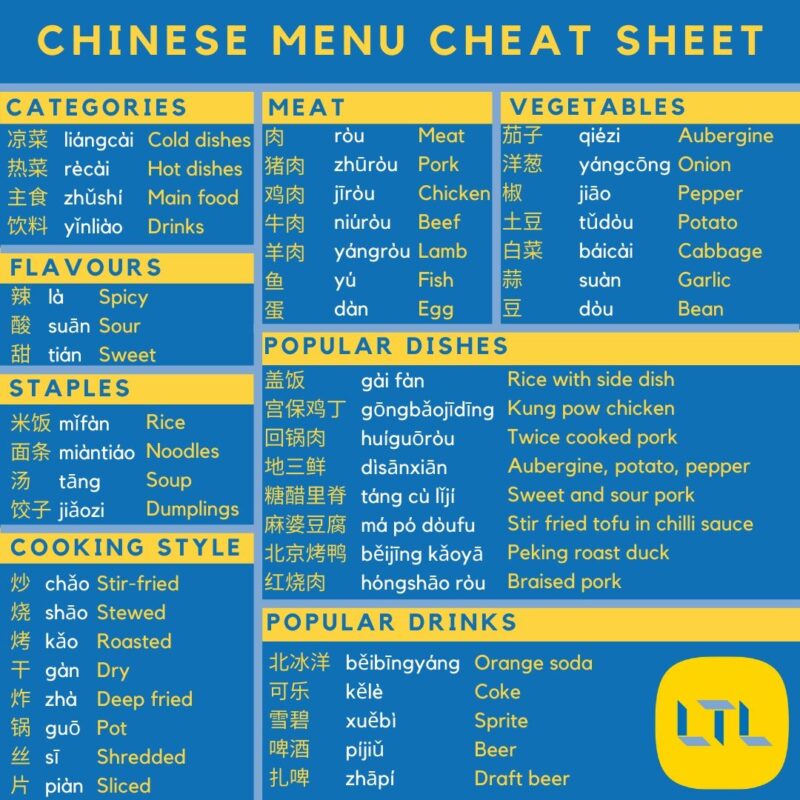
The items will come one by one in bamboo steamers or plates, and you can start eating as you wait for the next ones to come.
Once you finish all of the food in the bamboo steamers, you can stack the steamers on top of one another and place them on the side of the table.
The server will come over and collect the steamers from your table.
ANOTHER BONUS | Learn more about how to read menus with our expert guide to reading a menu in Mandarin.
When it comes to dim sum, it is expected that you share all the items, so it’s not recommended to have a whole dish to yourself.
This is usually the case in most Chinese restaurants, which is why Chinese chopsticks are longer than chopsticks in other Asian countries.
You also need to be careful how you handle chopsticks because if you stick them up straight in a bowl, it is a symbol of death in Chinese culture.
How to Choose a Dim Sum Restaurant
It is important to choose a dim sum restaurant that is right for you.
Some restaurants offer more of an authentic taste, whereas other restaurants offer a modern creative twist.
If you want a more authentic experience, then look for restaurants that offer a standard dim sum menu at an affordable price.
A high-end dim sum restaurant will put a big emphasis on the experience.
For example, the restaurant will usually have a well-designed interior and chefs will innovate new tastes and designs.
As a result, modern dim sum is more expensive than traditional dim sum.
There you have it. You should be an expert in dim sum after reading our guide!
If you happen to visit a Cantonese restaurant, keep in mind the dim sum may not be served past a certain time, so you better be there on time.
Like what you’ve read? Then we’re sure you’ll enjoy these too:
- The best Taiwanese Street Food
- Slurping Skulls in Sichuan
- Discover our guide to MSG in Chinese Food
FAQs | Dim Sum
What is dim sum?
Dim sum is a set of Cantonese dishes that family and friends eat for lunch at a restaurant.
It is not one dish but can include dishes like Siu Mai and Char Siu Bao.
Each dish contains a small portion of food, so people typically order many dishes and share them at the table.
What is Char Siu Bao?
Char Siu Baos (叉燒包) are fluffy buns that have a saucy BBQ pork filling inside.
TOP TIP | Remember not to eat the thin piece of paper on the bottom of the bun, you need to remove it before you eat it.
What is Siu Mai?
Siu Mai (燒賣) is a pork-filled dumpling wrapped in a wonton.
Sometimes there are small pieces of carrots or crab eggs added on top of it.
What is dim sum in Chinese?
Dim sum is 点心 in simplified and 點心 in traditional characters.
Is there any etiquette I should follow when eating dim sum?
If you run out of tea, then you can signal to the waiter or waitress by covering half of the teapot with the teapot lid.
A waiter or waitress will swiftly get you a refill without you even saying a word.
Also, when the server or person at your table is pouring you the tea, you can show them your thanks by tapping on the table with two fingers.
You should also pour tea into your elder’s cup when you see they have run out of tea as a sign of respect.
Want more from LTL?
If you wish to hear more from LTL Mandarin School why not join our mailing list.
We give plenty of handy information on learning Chinese, useful apps to learn the language and everything going on at our LTL schools!
Sign up below and become part of our ever growing community!
BONUS | Want to study the local Taiwanese dialect known as Hokkien? We provide Hokkien classes in person and online.
![[𝗢𝗟𝗗] LTL Taiwan Logo](https://old.ltl-taiwan.com/wp-content/sites/10/logo-ltl-header.png)

 Hi, my name is Manuel! I am from Spain and I am a Student Advisor at LTL and I’m based at our Taipei school.
Hi, my name is Manuel! I am from Spain and I am a Student Advisor at LTL and I’m based at our Taipei school.